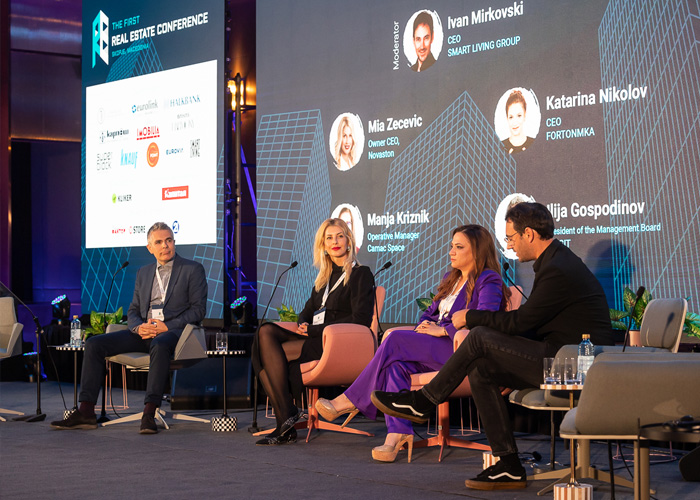
What's next for offices?
What does the future hold for offices? A diverse group of experts from the region discussed the key drivers of workplace strategies for the future.
"ESG principles are no longer a matter of 'trend' and choice, but their implementation in all spheres of business is a key factor and almost a necessity for all companies. If we talk about Serbia, these principles will soon be a necessity for all those who want to do business with other companies when it comes to the European Union market. All banks, especially European ones, see the implementation of these principles as imperative, which is also shown by the incentives they receive from the EU. This year, most banks will perform a screening to determine what is 'green' in their portfolios, which projects correspond to ESG standards, which meet the requirements for obtaining an 'energy passport', which meets the standards for LEED and BREEAM certificates, and for which categories. Those companies whose projects are not aligned with ESG standards will have a different risk assessment and will find it more difficult to get a development loan or development investment; in general, they will have worse financial conditions. 'Green' projects, which through their realization contribute to the improvement of the social and living community, will fare much better" pointed out NOVASTON CEO Mia Zečević, as the panellist, during the recently held 'First Conference on Commercial Real Estate in Macedonia', organized by Cushman & Wakefield Fortonmka.
"In Serbia, we do not have a specific law that deals with ESG issues, apart from traditional regulations in the spheres of environmental, labour, and criminal law, which is not enough because ESG implies a much broader story. Nevertheless, there is a will to regulate this area as well, so we will see in which direction the story will move and what incentives there will be for companies that implement ESG principles in their business strategies", said Mia Zečević.
During the panel "What's next for the office space?", a diverse group of experts discussed the key drivers in creating future workplace strategies. The speakers, besides Mia Zečević, were Manja Kriznik, Managing Director and Partner, Camac Space, Katarina Nikolov, CEO, Cushman & Wakefield Fortonmka; Katarina Nikolov - CEO, Cushman & Wakefield Fortonmka and Ilija Gospodinov - MASIT Representative - President of the Board.
The main conclusion was that the office space would need to give workers benefits they couldn't find elsewhere. After the COVID pandemic, in which the hybrid model of operation was actualized, companies are returning to the basic principle of working with a physical presence in the offices.
This kind of conference provided a quality platform where local and international real estate professionals had the opportunity to meet and exchange knowledge and experiences. They are crucial for encouraging collaboration, networking, and following the latest trends and challenges. In one place, professionals from the local and international markets and attendees had the opportunity to understand different perspectives and hear different experiences.
All news

Novaston Real Estate platform has launched the expansion of its investment portfolio in Croatia with two luxury projects in prime locations on the Kvarner coast – in Opatija and Ičići....

One of the most exciting entertainment projects in Belgrade – Turbomax – was recently opened, and the Novaston team has been part of this venture from the very beginning....

Our Novaston team participated in placing the time capsule and cornerstone for another retail park, this time in Gevgelija...

We are proud to announce that another retail park we have worked on has opened its doors, this time for the residents of Ruma....

AVA Shopping Park was visited by more than 2 million people in less than two years, and more than 50 domestic and national brands found their homes in AVA SP....

The construction of the luxurious residential complex “O Residence” has started - Novaston Cro Investor...
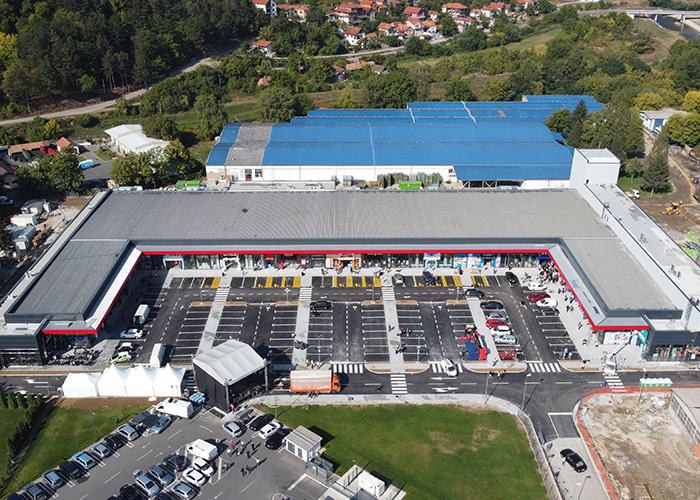
NOVASTON Company proudly marks two years of successful management of PULS Shopping Park...
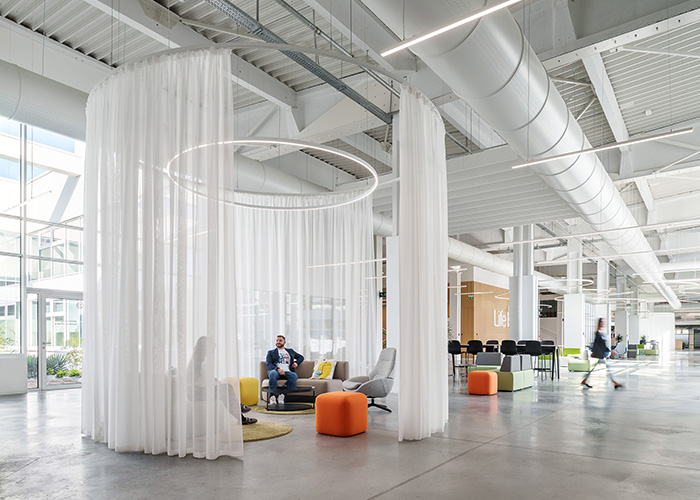
The InGrid office building, a Schneider Electric company, recently received LEED Platinum certification...

What does the future hold for offices? A diverse group of experts from the region discussed the key drivers of workplace strategies for the future...
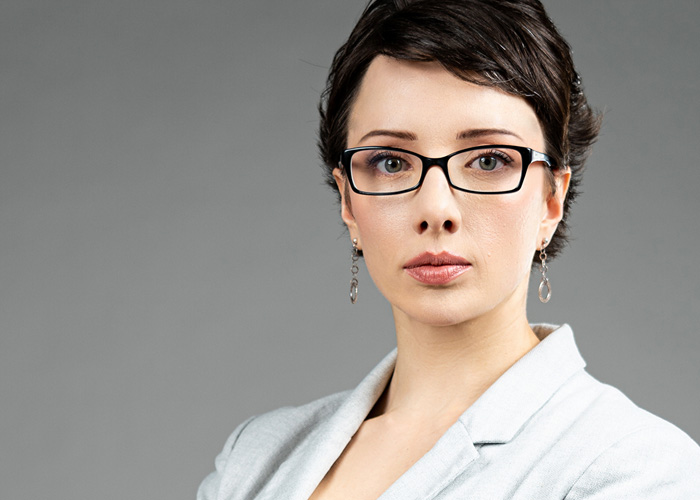
Over the past few years, the commercial real estate market has been affected by major disruptions...
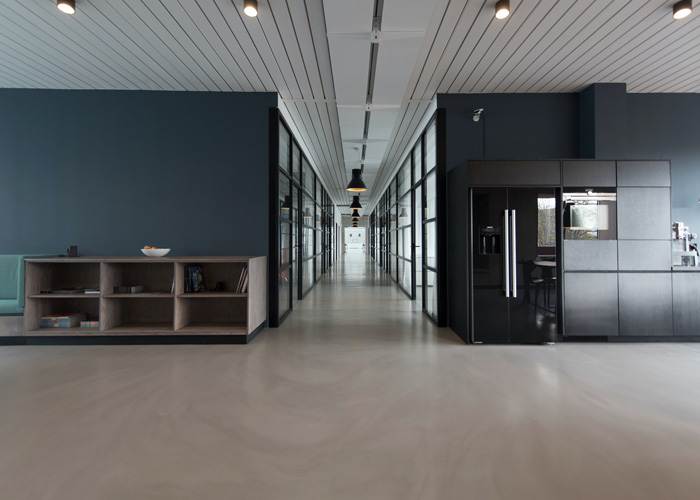
The main goal was to demystify every phase of this challenging process...
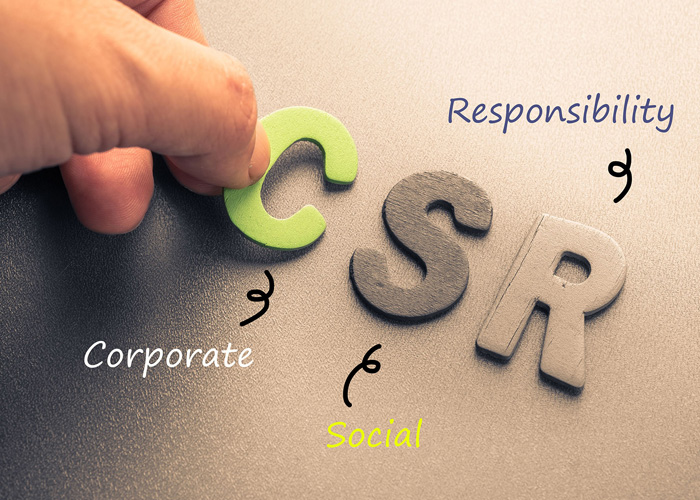
Difficult times are always a challenge for business survival and development...

Office premises in Serbia are leaders in raising sustainability standards...

The coronavirus pandemic has briefly slowed down the development of the real estate...

Recalling that the prices on the real estate market have been constantly increasing...

